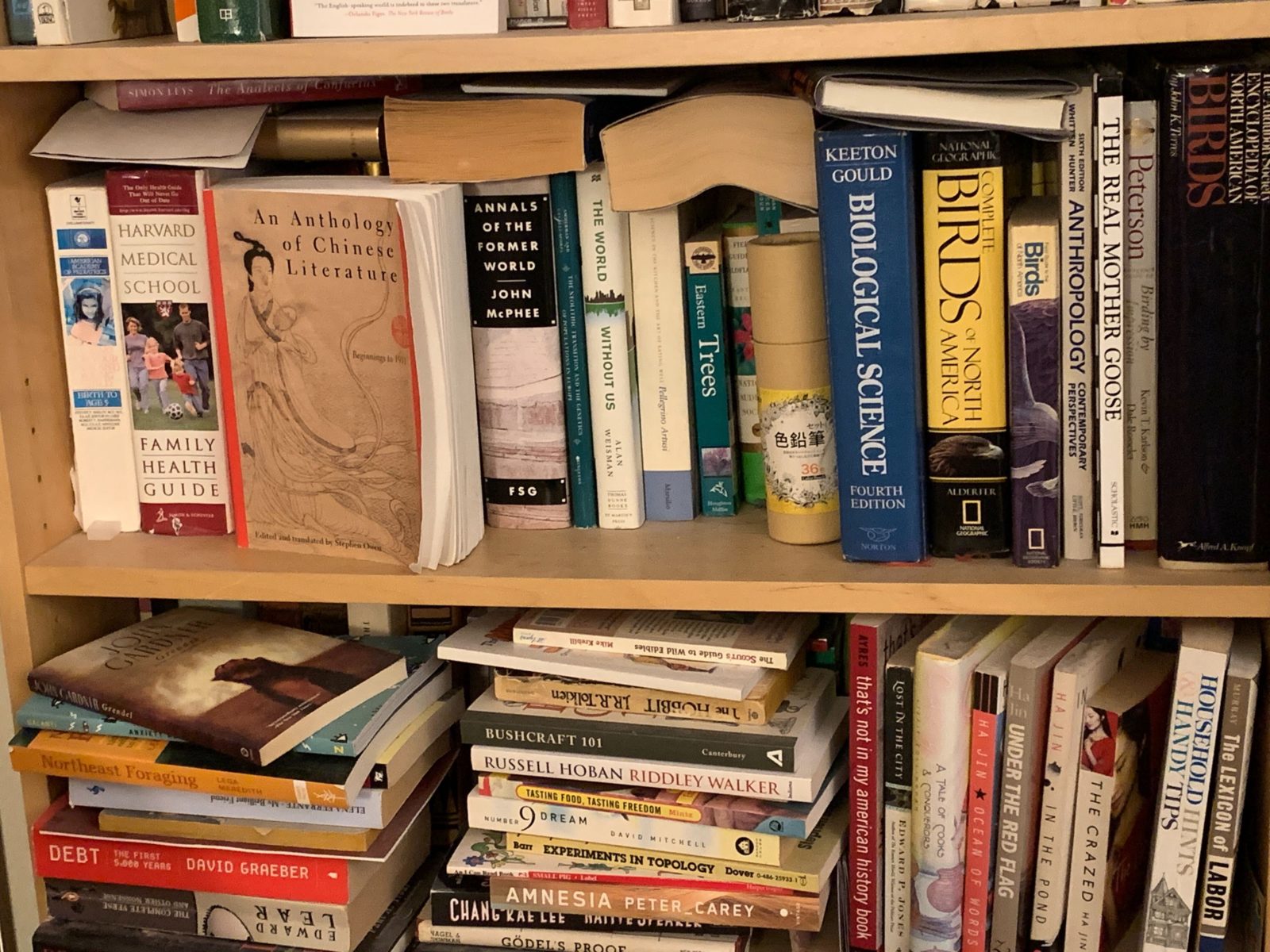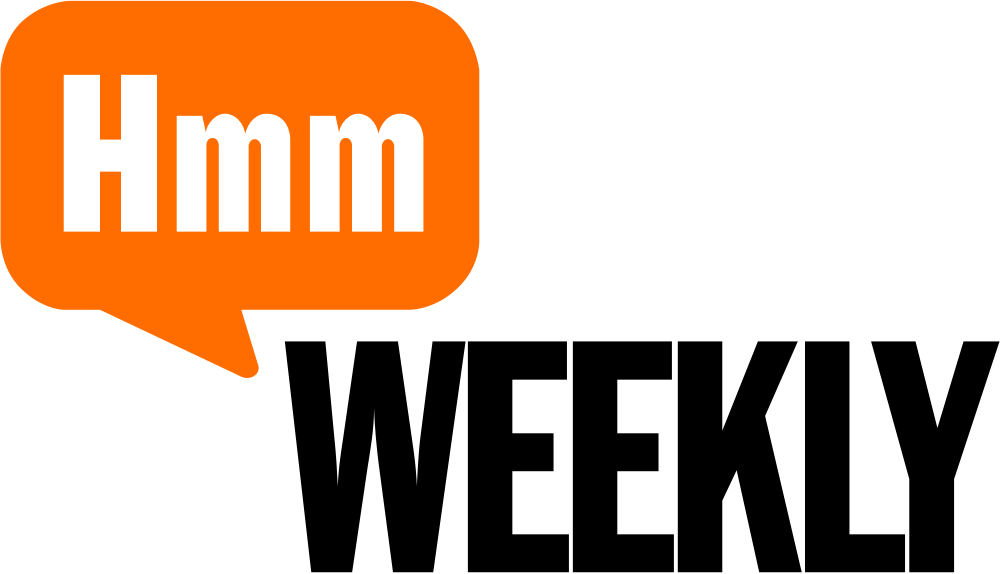
Dear The Sophist,
I own a lot of books, and nearly enough shelves to fit them. I haven’t read most of them—has anyone with a lot of books read most of them?—yet I still get impulses to buy more. Can you please tell me why it’s OK for me to buy more books? I should add that I live with a partner who doesn’t own a lot of books, but tolerates mine so far. So far.
—Tome-escent
Dear Volume Purchaser,
Books are ridiculous objects to buy, aren’t they? For the sake of spending a day or two, maybe a week, with some author’s thoughts and words, you take custody of this physical item that sticks around, and around, as more and more others accumulate along with it. You look at them, almost unseeingly, day after day; the walls of your rooms press in; you pay extra money to the movers to drag the extra weight around from one dwelling to the next, all because you read an interesting review once or a cover caught your eye in a bookstore.
You know what else is ridiculous? The sheer impermanence of thought. The constant yet ephemeral flickering of partial understanding across the synapses in our wet and mortal brains, and the dry circuits of the junky and even more short-lived electronic ersatz brains we rely on for backup. A book is an investment against forgetting and death—a poor investment, but it beats the alternatives. It is a slippery yet real toehold on eternity.
Long after your question and my answer here will have been chopped to incompatible bits and decayed to a 404, the physical books will endure. I consult my nearest set of Ikea bookcases—many of their shelves double-stacked, some with books laid sideways, and with copies of Daniel Pinkwater’s Borgel, the first Dragonball trilogy, two Far Side collections, Italo Calvino’s Invisible Cities, and sundry other volumes spilled or scattered on the floor at their feet. Someone has used a sleek, ultra-thin, near-obsolescent old MacBook Air as an oversized bookmark in the Calvino.
From the shelves proper, searching for something old-looking, I retrieve a copy of Brave Men—”The New Book by ERNIE PYLE,” per the front of the dust jacket; “Now in its 700th thousand, including the Book-of-the-Month Club,” per the rear. It is printed in double columns for economy, under wartime paper rationing. The inside front cover bears a slightly double-struck stamp reading “NAOMI GIESER / 2400 McELDERRY ST.” and on the endpaper opposite is handwritten, in ungraceful cursive, “Ernie Pyle killed in action in Pacific April 1945.” I have read this book, and I would guess so did Naomi Gieser of McElderry St. The internet tells me she was around age 20 at the time, and by the obituaries she was evidently still alive when the book made it to me.
Two shelves down is The Legend of Zelda: Majora’s Mask / A Link to the Past: Legendary Edition, displayed in a place of honor. I have not read this book, but its owner has. On the shelf in between is a three-volume set of Gibbon’s Decline and Fall of the Roman Empire, a richly decorated 1946 edition from The Heritage Press. When I take Volume One out of its individual slipcase and open it, I can smell the particular smell of my late father’s bookcases. There are two strips of torn-off blue-lined memo-pad paper tucked in it, one shortly after the beginning of the text proper, the other up at page 446, “Italy Under Maximian and Severus.” The latter, I think, marks my own deepest run into Gibbon, sometime in the 1990s. But I can get back to it right now and keep going, just as soon as I finish with—what was the question again?
Oh, yes, right. The books. Some of these books will surely outlast their easy-build Swedish bookshelves, which only have so many future moves in them. They have outlasted other readers and non-readers, and they will outlast me. And, sure, I will die without having read many of them, though it would be rude to write down which ones I consider myself the likeliest to miss. As long as they are there, there is the chance.
My father subscribed to the Library of America for a while, and among the many shelves of books in our home, he left one entire bookcase filled with the results, soundly printed on acid-free paper for posterity. I have no real idea what fraction of them he read; he was a devoted and wide-ranging reader, but not the sort of fanatic or obsessive who would have plowed through them all to prove a point. I carry some off with me now and then, in a tiny contribution to my mother’s decluttering. Before the pandemic I helped myself to his copy of the volume of Four Novels of the 1960s by Philip K. Dick, and I used it to finally educate myself on Do Androids Dream of Electric Sheep? Had he read it, too? If not, then I took care of reading it for both of us.
If you stop the flow of new books, you stop this flow of possibilities. Still, your concern for your partner’s perspective is wise and decent. You sense that your household arrangements are a little out of balance. You have nearly enough shelves, you say, by which you mean that the books are creeping out into your shared living space.
Given that, it would be a mark of thoughtfulness if you were to cull the truly hopeless or pointless part of your inventory—idly scooped-up review copies, for instance; galleys, especially. Easy come, not-truly-all-that-hard go. The Sophist has done this, in the course of moving into smaller living spaces with increasing numbers of people. I’ve only regretted not having one of the castoffs once or twice. (More than zero times, though!)
And then you may buy more books, with a clearer conscience, and carry on as a custodian of knowledge. You might also consider buying some more bookshelves.
“The revolt of Maxentius immediately restored peace to the churches of Italy and Africa…”,
The Sophist
THE SOPHIST is here to tell you why you’re right. Send your questions to AskTheSophist@hmmweekly.com, and get the answers you want.
